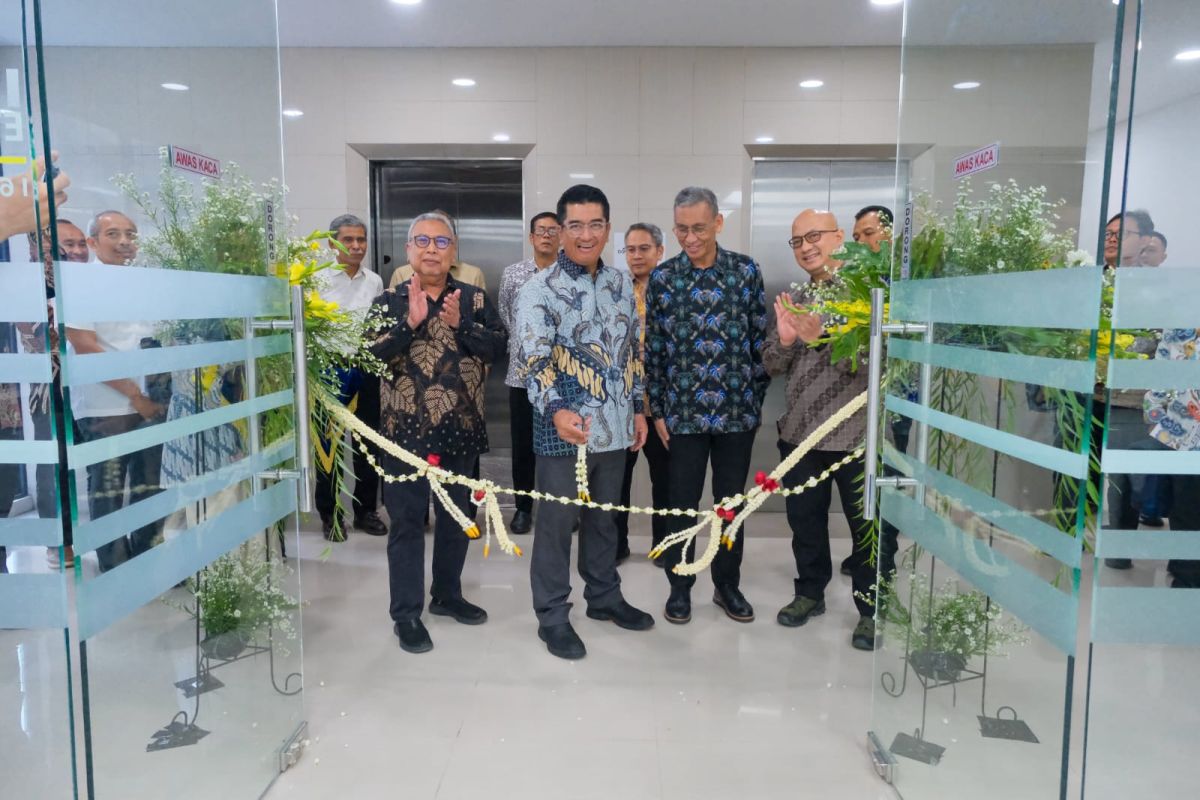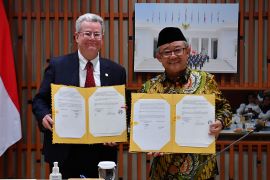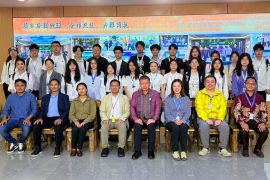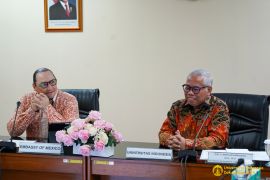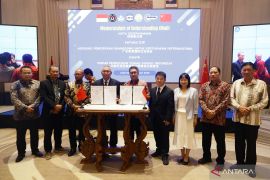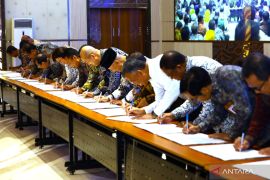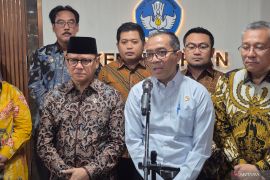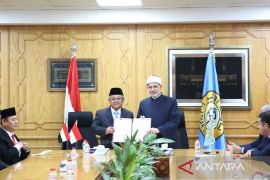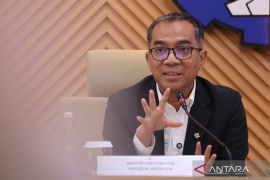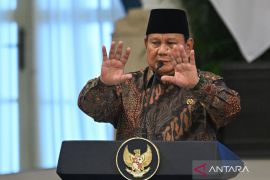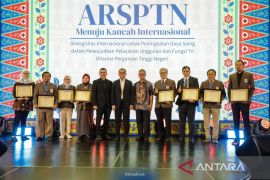Professor Heri Hermansyah, UI's rector, emphasized that the new laboratories will foster interdisciplinary research with tangible outcomes aimed at achieving the net-zero emission target by 2060.
"The innovation research conducted in these new laboratories will produce outcomes such as scientific publications, intellectual property, technologies, and product prototypes that can benefit the nation's industries and economy," Hermansyah stated in a written statement on Sunday.
The five laboratories are the Energy Transition Laboratory (ETL), Sustainable Energy System Laboratory (SESL), Electric Vehicle Testing Laboratory (EV Testing Lab), Environmental and Conservation Laboratory (ECL), and Indonesia Climate Modelling and Policy Hub (I-CLIMB).
The ETL will focus on green energy research and development, while the SESL will concentrate on developing sustainable energy models, considering economic, social, and policy factors. The EV Testing Lab will serve as a proving ground for electric vehicles (EVs) and their components.
Meanwhile, the ECL, hosted at the Faculty of Mathematics and Natural Sciences, will support environmental protection and the development of eco-friendly technologies, focusing on ecosystem restoration, natural resource management, and conservation planning.
UI-NZI chairperson, Professor Widodo Wahyu Purwanto, explained that the five new laboratories will facilitate interdisciplinary research with a focus on three aspects: energy transition, bio-conservation, and green economy.
The five laboratories' development was funded by the Ministry of Higher Education, Science, and Technology grant valued at Rp178 billion (US$11.01 million), according to the university statement.
Related news: Higher education must drive national development: Indonesian minister
Related news: Ministry pushes for increased international research partnerships
Translator: Feru Lantara, Nabil Ihsan
Editor: Primayanti
Copyright © ANTARA 2025
